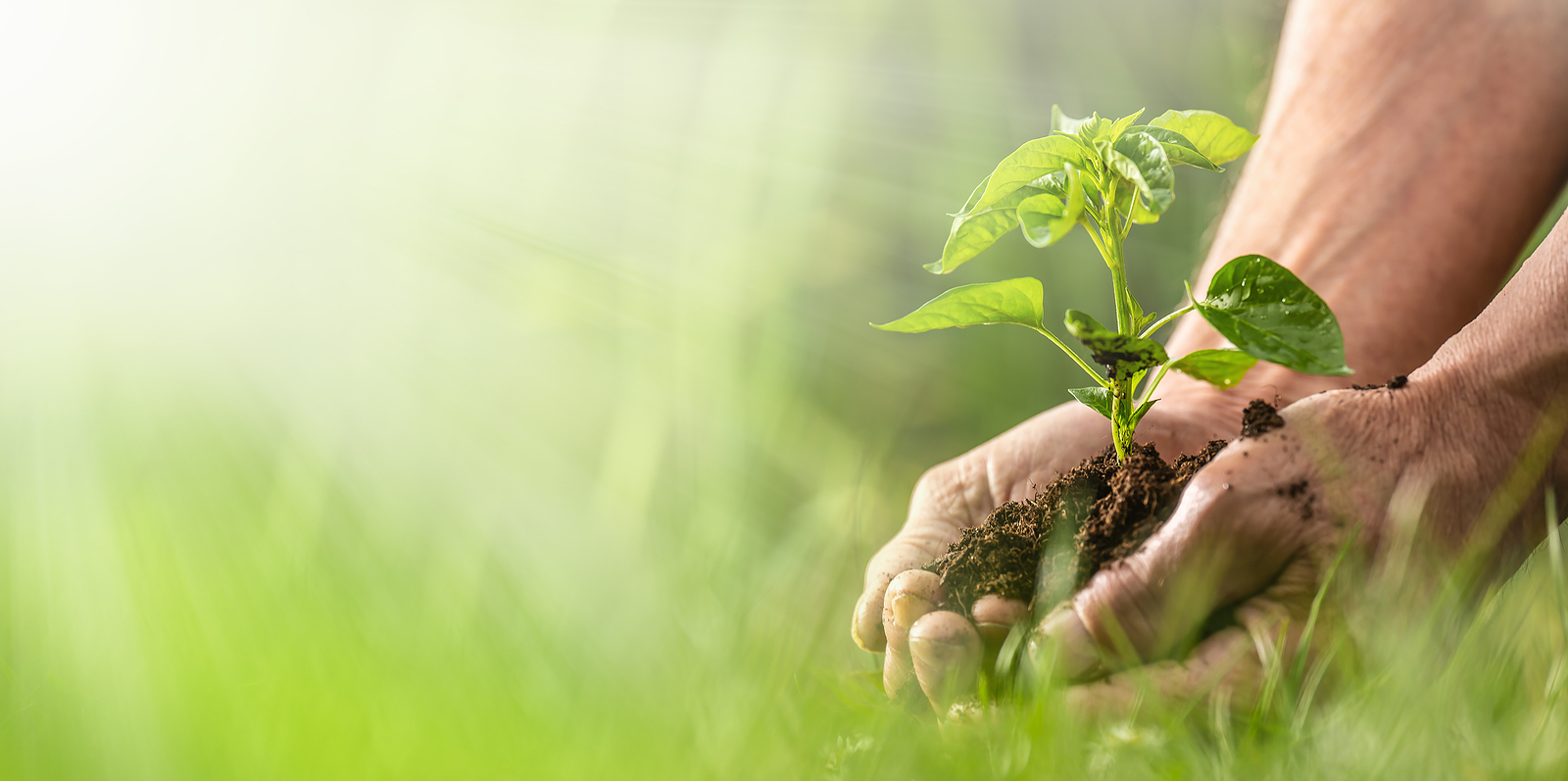News and Blog

How ASL Contributes to the Zero Hunger Project by Boosting Plant Health
Global food security faced unprecedented challenges in 2020. Supply chain breakdowns from the pandemic, when combined with climate change volatility, resulted in 811 million people worldwide living with persistent hunger (that’s more than the total North American population). Unless communities and organizations take action to ensure people everywhere have regular access to the food they need to survive, the problem is anticipated to worsen.
The Zero Hunger Project might be the answer. As part of the 17 United Nations Sustainable Development Goals set forth in 2015, this program seeks to achieve total food security, improved nutrition, and sustainable agriculture. With our deep roots in the global agriculture industry and passion for sustainability, we are eager to see this initiative succeed – and are working to contribute to the solution.
Here’s a glimpse at how our Acadian Plant Health™ products support the goal of ending hunger while also helping to preserve the environment.
Increasing Crop Survivability in a Turbulent World
Global hunger isn’t necessarily a matter of meager food supplies. The Food and Agriculture Organization of the United Nations (FAO) estimates that about one-third of all food produced worldwide goes to waste. How the Zero Hunger Project suggests we close the global food gap, besides reducing food waste, is by investing in rural development, providing economic incentives and science-based solutions that empower vulnerable groups to produce more food locally for their sustenance and income.
The challenge is that the bar for sustainable production has risen as climate change creates environmental extremes that damage crop production and ruin livelihoods. Heatwaves strain crops, causing leaves to wither and fruit to dwindle. Cold snaps snuff out seedlings before they have a chance to grow. Droughts wither leaves and force plants to conserve vital resources, and rising soil salinity complicates water absorption. Farmers all over the world are regularly faced with conditions their grandparents experienced as rare hundred-year events.
Though these conditions will not go away, farmers can use specific crop inputs to stimulate plant growth and resilience as well as increase their annual harvest. Our research efforts, spanning 40 years, have shown that Acadian Seaplants’ seaweed has the ideal blend of nutrients and organic compounds to help growers worldwide weather the challenges of climate change.
Lowering Environmental Impacts
While we’re feeding the world, we shouldn’t cause more damage in the process. However, many farming techniques have unintended environmental consequences.
For example, commercial fertilizers can leave high concentrations of salt in their wake as water evaporates, causing additional stress on crop plants.
Many sustainably minded farmers are embracing regenerative agriculture to lessen their environmental impact as well as safeguard their living for years to come. Our Acadian Plant Health™ products fit into that picture, nourishing the soil itself while also strengthening the plant, giving growers what they need to maintain strong yet viable crop yields.
More than just helping growers lower their eco-footprint, we aim to keep ours minimal, harvesting seaweed in ways that conserve this marine resource for the health of ecosystems and the benefit of future generations. For almost 40 years our Harvesters have sustainably trimmed the seaweed, leaving its holdfast intact, allowing the Ascophyllum nodosum we use in products to grow back and flourish for future generations.
Embracing the U.N. SDGs
At the core of our company is a passion for sustainability. From the early days of our business, we’ve been committed not only to preserving the incredible natural seaweed but protecting the ecosystems and communities that flourish around them. It’s that love of the natural world and the people in it that make our contribution to the Zero Hunger Project intuitive.
Everything from our harvesting to our manufacturing practices are designed with environmental stewardship in mind. If you want to do your part with the SDG 2 – Zero Hunger Project, then we recommend that you look inward toward your own strengths and harness them to make an impact. Because when you’re doing what you do best, it’s not so hard to change the world. Even if it’s one meal at a time.
Want to learn more about our contributions to the Zero Hunger Project and other U.N. Sustainable Development Goals? Stay tuned to our blog for the latest updates on our sustainable innovations.
Visit our blog
